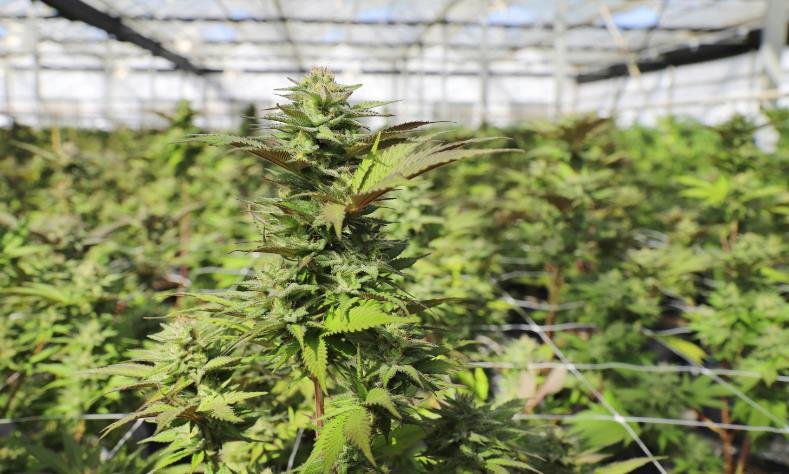Guam’s journey towards establishing a lucrative recreational cannabis market has hit a snag, described by one politician as a ‘chicken and egg situation’. Despite legalizing the substance in 2019, the Pacific island has yet to profit from it due to a deadlock between cultivation and laboratory testing requirements.
Senator Will Parkinson has proposed a temporary moratorium on cannabis testing, aiming to break the impasse that has hindered the development of a cultivation industry. The current regulations mandate that cannabis must be tested in a certified lab before sale, but the absence of such facilities has left cultivators in limbo.

Parkinson argues that growers are reluctant to cultivate without the guarantee of operational labs, while potential lab operators are hesitant to invest without assured demand. This deadlock has prevented the industry from taking root, with Parkinson advocating for cultivation to commence first to stimulate lab development.
Economic Implications
The stalemate has significant economic implications for Guam. The legalization of recreational cannabis was partly motivated by the potential tax revenue. However, the delay in establishing a functional market means these financial benefits remain unrealized.
Parkinson’s bill, if passed, could pave the way for the industry to flourish, but it also raises safety concerns about untested products reaching consumers. The senator, a self-described regular smoker, downplays these concerns, citing the lack of cannabis-related fatalities or hospitalizations despite years of unregulated use.
A Race Against Federal Legislation
The urgency to resolve this situation is heightened by the looming possibility of federal legalization in the United States. Parkinson fears that once federal legalization occurs, the importation of cheaper cannabis from states with surpluses could undermine Guam’s nascent cultivation industry.
The proposed moratorium is seen as the last hurdle to jumpstart an industry that could bring significant economic growth to the island. The decision now lies with Guam’s legislative body, which must weigh the potential risks against the economic benefits.
Jane Smith is a seasoned article writer specializing in cannabis-related content. With a keen focus on the latest trends, research, and developments in the cannabis industry, she brings a fresh perspective to her writing. Jane’s insightful articles delve into the medicinal benefits, legalization efforts, and evolving culture surrounding cannabis. Her engaging storytelling and informative approach make her a trusted source for readers seeking accurate and up-to-date information on all things cannabis.








